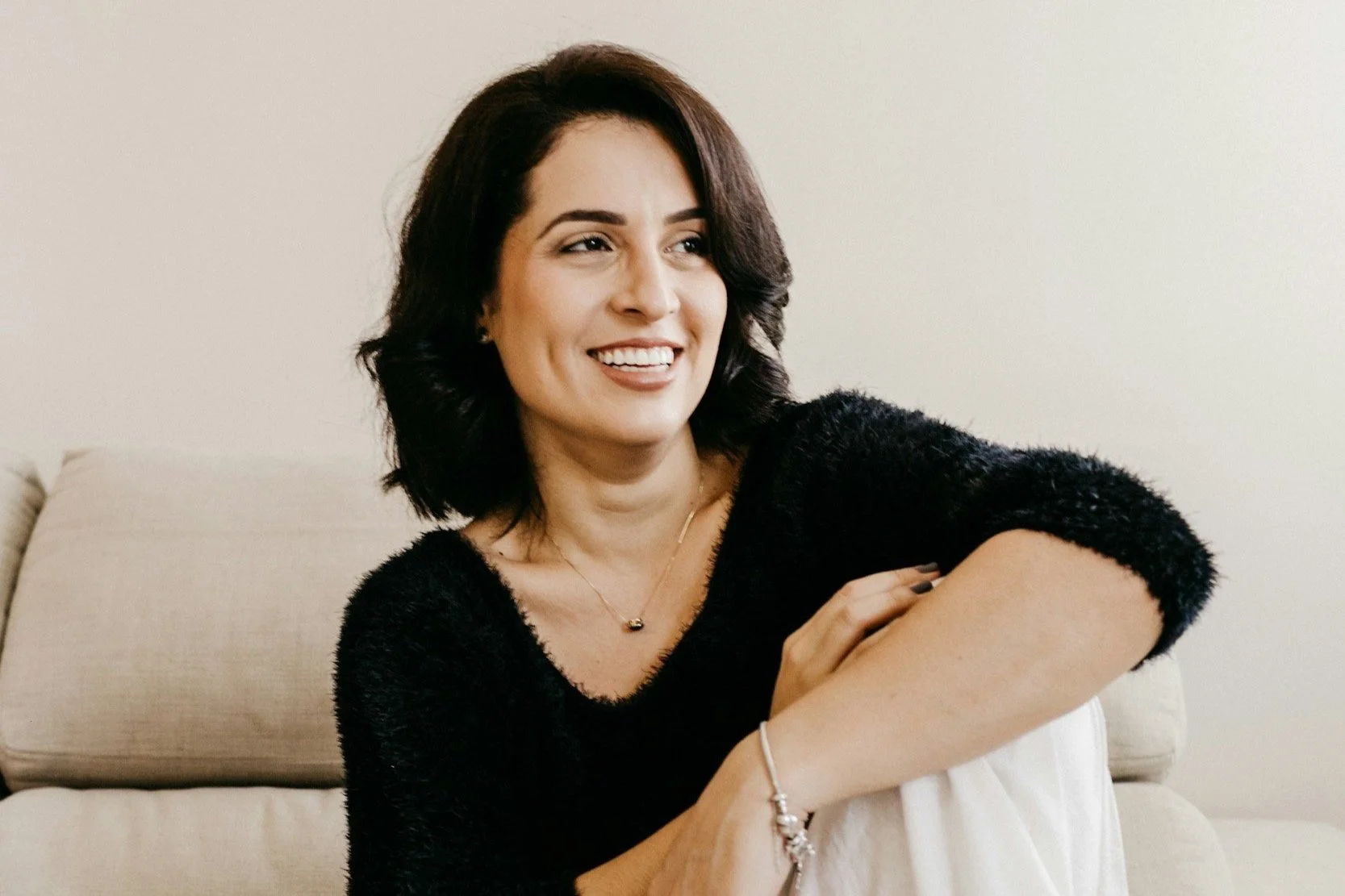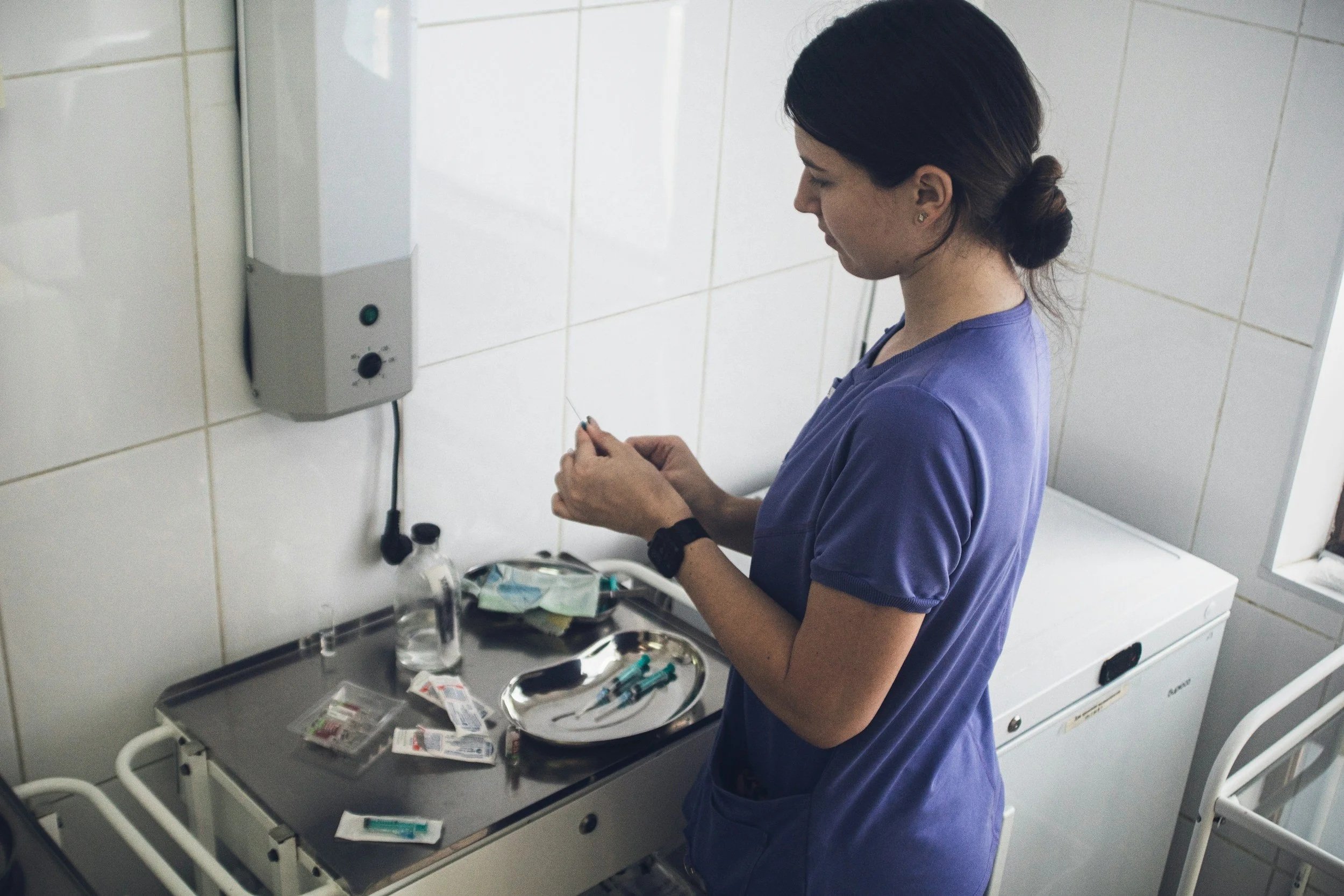
Donating your eggs gives families who cannot conceive on their own, either due to infertility or other life factors, the invaluable opportunity to have children of their own. If you are interested in donating your eggs, it is important to understand the process and what to expect.
Matching with Intended Parents
The first step in your egg donation journey is matching with intended parents. If you’re donating your eggs in a fresh cycle, like you would in Cofertility’s Split program, you won’t start any part of your cycle until after a match is made. However, other agencies may offer frozen eggs as part of their donor program, in which case you’d go through your retrieval first, and your eggs would go into storage and be listed on a database for intended parents to choose from.
Legal Agreement
After you match with intended parents, both parties will sign a legal agreement that outlines the details of the match. A typical egg donor legal agreement will outline the details of the desired disclosure status between all parties, as well as the custody agreement for the donated eggs, embryos, and future child for the intended parents. If you participate in Cofertility’s Split program, where you donate half of the eggs retrieved and freeze the second half for yourself for free, your legal agreement will also outline your entitlement to half of the egg yield.
The Egg Donation Process and Procedure
The egg donation process starts with stimulating your ovaries to produce multiple mature eggs. In a typical menstrual cycle, one follicle takes the lead and matures before the others can. Once the egg inside fully develops, the follicle ruptures, releasing the egg during ovulation, and the other egg follicles stop growing. However, during an egg donation or freezing cycle, with the aid of certain medications, doctors can help ensure that many follicles mature at the same time, so multiple eggs can be collected.
Pre-Donation Screening
Prior to being approved to donate your eggs, you will receive a series of comprehensive screening and testing to ensure that you are physically and emotionally eligible for donation. Typically, this includes a hormone panel, blood work, a transvaginal ultrasound, and a physical exam. Additionally, you’ll undergo genetic testing, have your personal and family medical history reviewed, and have a psychological screening.
All About The Meds
The stimulation process takes about two weeks and involves injectable medications, which you will receive training on from your clinic. During this time, you will have regular monitoring visits, including blood work and vaginal ultrasounds to check your follicle growth.
The Egg Retrieval
Once your follicles have reached the appropriate size, your doctor will give you a trigger shot to help the eggs mature and prepare for retrieval. The egg retrieval is the only real "procedure" and is done on an outpatient basis at the clinic. The procedure takes about 30 minutes, and your doctor will use a vaginal ultrasound with a needle attached to aspirate the fluid in each follicle. You will be under light anesthesia, so you won't feel any discomfort.
How Will I Feel Afterward?
After the procedure, you may feel a bit foggy, and you'll need to rest for a day or two. Physically, you can return to work or school the following day, but taking a day or two off to relax is ideal.
Ready to Move Forward?
If you are interested in donating your eggs, you may want to consider the Split Program offered by Cofertility, where you can freeze your eggs for free when you donate half to a family that can't conceive. The Split Program is an excellent opportunity for women who want to help others while preserving their fertility options down the line at the same time.

Meera Shah, MD, FACOG, is a double board certified OBGYN and reproductive endocrinology and fertility specialist at NOVA IVF in Mountain View, California. She received her Bachelor's degree at UC-Berkeley and completed a post-baccalaureate research fellowship at the National Institute of Health Academy program. She attended Stanford Medical School and completed her residency training in obstetrics and gynecology at the University of California, San Francisco. She rounded out her training with a fellowship in reproductive endocrinology and infertility at Stanford University. She is an active member of the Pacific Coast Reproductive Society, American Society of Reproductive Medicine, and Bay Area Reproductive Society.
Considering egg freezing?
Check out Freeze’s free Compare Clinics tool - it includes pricing, locations, and more for US and international egg freezing clinics.
Answered by Dr. Roy Handelsman from HRC Fertility. Understand how ovarian cysts and ovarian surgery may impact the egg freezing process.
Answered by Dr. Rashmi Kudesia from CCRM Fertility Houston. Here’s a checklist for before, during, and after your egg freezing consultation, including 11 questions you should ask the doctor.
Answered by Valerie Shafran, MSN, FNP-C from Extend Fertility. Discover why fertility experts urge women to stop taking GLP-1 agonists before an egg freezing cycle.
Answered by Dr. Nidhee Sachdev from South Coast Fertility Specialists. Explore what AMH tells us about a woman’s ovarian reserve or how many eggs she has left.
Answered by Dr. Hade from Generation Next Fertility. Understand how egg freezing does not cause long-term weight gain yet there is a chance of transient bloating.
Answered by Rijon Charne, JD from Sunray Fertility. Explore what a reproductive estate plan entails and the situations where having one can make a big difference.
Answered by Rijon Charne, JD from Sunray Fertility. Learn more about the importance of clinic disposition forms, including what they do and don’t cover.
Answered by Rijon Charne, JD from Sunray Fertility. Discover the legal nuances that can shape your options when freezing eggs or embryos.
Answered by Dr. Joshua Klein from Extend Fertility. Learn how birth control relates to egg freezing and if you will need to stop your hormonal birth control before starting the procedure.
Answered by Dr. Jesse Hade from Generation Next Fertility. Discover the important factors that affect chances of egg freezing success in your late thirties.
Answered by Sidonia Buchtova, PA-C, C-RHI from Refresh Psychiatry. Understand if you can stay on an SSRI or SNRI when freezing your eggs.
Answered by Sidonia Buchtova, PA-C, C-RHI from Refresh Psychiatry. Discover tips to help support your mental well-being during preparation, throughout the cycle, and after your egg retrieval, especially if you have a history of anxiety.
Answered by Dr. Katharina Spies from Vida Fertility. Learn about who should consider supplements before and during fertility preservation, and how supplements could support your egg freezing cycle.
Answered by Dr. Serin Seckin from Generation Next Fertility. Understand the key differences to help you make an informed decision that aligns with your personal and reproductive goals.
Answered by Dr. Ido Feferkorn from the Reproductive Medicine Group. Learn how Polycystic Ovarian Syndrome (PCOS) may affect the egg freezing process and outcomes of fertility preservation.
Answered by Dr. Meera Shah from Nova IVF. Understand the potential risks of egg freezing to help you evaluate if it is right for you.
Answered by Dr. Hade from Generation Next Fertility. Learn from start to finish the entire process of what happens on the final day of an egg freezing cycle.
Answered by Dr. Sahar M. Stephens from Northern California Fertility Medical Center. Understand the probability of pregnancy based on the number of eggs frozen and the age at which you freeze.
Answered by Dr. Alison Peck from HRC Fertility. Discover which medications are commonly used for ovarian stimulation during an egg freezing cycle.
Answered by Dr. Kathryn Snow from Piedmont Reproductive Endocrinology Group (PREG). Understand the side effects that you may experience when freezing your eggs.
Answered by Lia Schiller, MSN, AGNP-BC from Extend Fertility. Learn why IUDs can stay in place throughout the egg freezing process.
Answered by Dr. Woo from HRC Fertility. Learn how some medications need to be stopped for an egg freezing cycle while some medications can be continued.
Answered by Dr. Dan Nayot from The Fertility Partners. Learn how artificial intelligence is providing women with more information than ever before about their eggs.
Answered by Dr. Joshua Klein from Extend Fertility. Egg freezing doesn’t impact your chance of getting pregnant naturally, because egg freezing makes use of eggs that would otherwise have been lost.
Answered by Dr. Dan Nayot from The Fertility Partners. Understand the distinction between egg quantity and quality, and explore how AI is transforming egg quality analysis.
Answered by Dr. David E. Tourgeman from HRC Fertility. Understand what options exist for what to do with your frozen eggs if you decide not to use them for IVF.
Answered by Dr. Armando Hernandez-Rey from Conceptions Florida. Learn about minimal stimulation egg freezing cycles and how they can decrease the risk of ovarian hyperstimulation syndrome.
Answered by Dr. Ido Feferkorn from the Reproductive Medicine Group. Find out how egg freezing medications work and how protocols can be adjusted if you can’t take estrogen.
Answered by Dr. Ido Feferkorn from Reproductive Medicine Group. Learn how egg freezing fits into the menstrual cycle and how timing can be customized.
Answered by Dr. Elena Santiago from Vida Fertility. Understand the ins and outs of egg freezing in Spain as a non-resident, including timing, costs, and more.

































